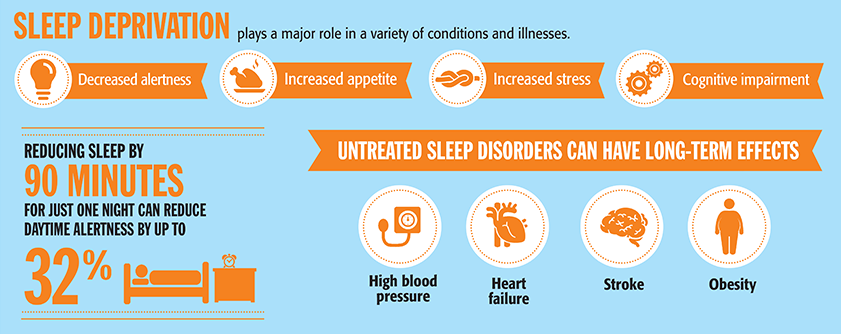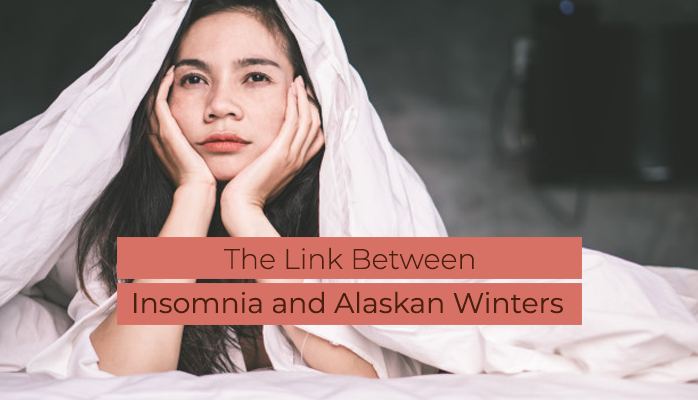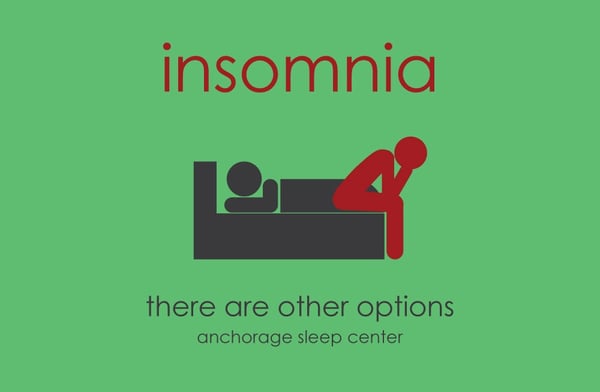How Alaskan Winters Affect Our Lives
Alaskan winters pose an extremely unique challenge to our lives and sleep. Our winters mean either receiving mostly or only darkness, depending on where you live. This extreme lighting condition is contrasted against summer, which is the opposite, and entails making fairly drastic changes to our lives – changes which be very disruptive towards sleep.
The extreme winter darkness means shifting our lives form summer in all ways:
- Sociologically
- Psychologically
- Physiologically
- Habitually
Most of us look like different people in the winter vs the summer: we get outside less, we might work different jobs, the things we do and places we go for fun change, and we may interact with friends less as a result. Furthermore, many of us respond in mental or emotional ways to the darkness, but ways which are unconscious, and our behavior further changes as a result.
The Link Between Alaskan Winters and our Biological Clock (Melatonin)
The point is this, these rapid and drastic changes can make sleeping very difficult. The most common negative responses to winter darkness include anxiety, depression, restlessness, and feeling of isolation. These symptoms often end up either exacerbating or causing the onset of sleep disorders such as:
- Circadian rhythm disorders
- And more specifically, insomnia
In addition to the above social, psychological, physiological, and habitual reasons for disrupted sleep in Alaska winter darkness, it’s extremely important to note that hormonally these sleep troubles happen in large part because of melatonin.
Melatonin is the sleep hormone that regulates sleep. It is light sensitive in that it responds to changes in light. As darkness transitions to light, your body stops production of melatonin. As light changes to dark, your body increases melatonin production.
Maintaining a healthy biological clock requires a lot more effort during the winter, and if unmanaged, can easily lead to a bad sleep schedule. When melatonin production is disrupted, you disrupt your circadian rhythm – your biological clock.
The excessive darkness does not provide these changes in light, and your brain is not queued to produce or stop melatonin production. Thus, you develop extremely erratic sleep schedules and insomnia is the result.
What is Insomnia
Insomnia is the persistent feeling that you cannot:
- Get to sleep (i.e., you can’t get to sleep before 3am no matter what)
- Stay asleep throughout the night (i.e., you might wake up 4 times per night for no apparent reason)
- Sleep in until a normal hour (i.e., waking up at 3am wide awake)
These feelings are, of course, real. The consequences of insomnia all stem from mild to catastrophic sleep deprivation, depending on how severe your insomnia is.
Symptoms of Darkness Induced Insomnia in Alaska

Insomnia has some rather hallmark symptoms that stem, as said, from sleep deprivation. First and foremost, there are the already discussed, obvious symptoms like not being able to fall and/or stay asleep.
Secondary symptoms include [SleepEducation]:
- Lower performance in all areas of life (work, relationships, athletics)
- Chronic daytime fatigue
- Sleep attacks – sudden onset of sleep-readiness at an during the day
- Memory trouble
- Concentration problems
- Brain fog
- Headaches
- Anxiety
- Depression
- Mood troubles
- Chronic irritability
- Medical complications
It’s not uncommon for a loved one to point out these symptoms rather than the insomniac identifying them him/herself. Fortunately, there are proven ways to help prevent insomnia in the Alaskan darkness.
Dealing With Darkness and Insomnia in Alaskan Winters
There are several ways to adequately prevent or mitigate insomnia during the winter.
The first, and probably best way, is to use light therapy. Light therapy simply involves turning on a bright sun lamp in the morning when you wake up and turning it off in the evening about 12 hours later. Light therapy is a strategy used to queue and regulate your body’s melatonin production. It has additional benefits preventing seasonal depression and related issues.
Taking vitamin E can help reduce seasonal depression and anxiety, which can greatly contribute to seasonal depression. Work with your doctor on this before taking any supplements.
Developing a strict bedtime routine can help you cultivate the cues and condition your body to prepare hormonally (melatonin), mentally, and physically for sleep. This could include a bath before bed, certain smells (i.e. essential oils), and a specific activity, such as reading. This bedtime routine should be repeated the same every night.
Ensuring that you have a restful bedroom is extremely important. This usually entails having an extremely dark room, a quiet room (or using white noise or earplugs to drown out noise), no electronics in the hour before bed, and investing a couple hundred dollars in comfortable sheets, pillows and a mattress topper (or investing in a nice mattress if you have the budget).
Changing lifestyle habits, primarily by drinking less coffee, consuming no alcohol before bed, and ensuring that you get proper exercise.
Consulting with a sleep specialist to express concerns, difficulties, or seek further guidance is also an extremely effective way of ensuring that your sleep preparation is curtailed to your unique sleep struggles. If you live in Alaska and are dealing with winter darkness insomnia, start by taking this free online sleep test.



